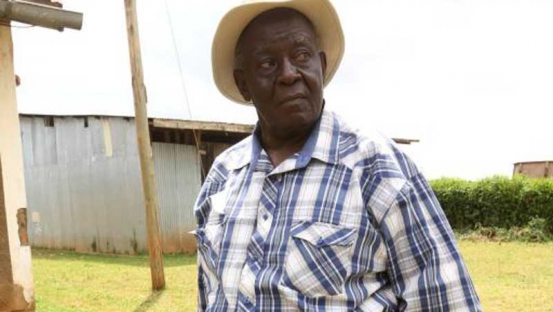×
The Standard e-Paper
Kenya’s Boldest Voice

In the early 1980s, Ibrahim Ambwere stunned the nation by offering to pay teachers their delayed salaries amounting to Sh48 million.
He was concerned about teachers’ welfare. “That was a lot of money in the 80s, but I had it and I was willing to bail them out,” he says.